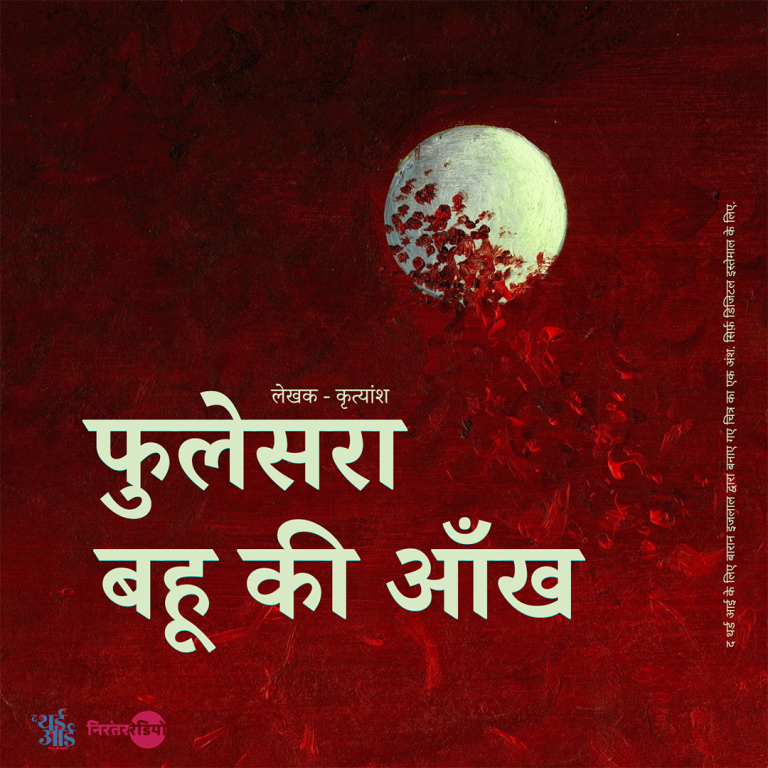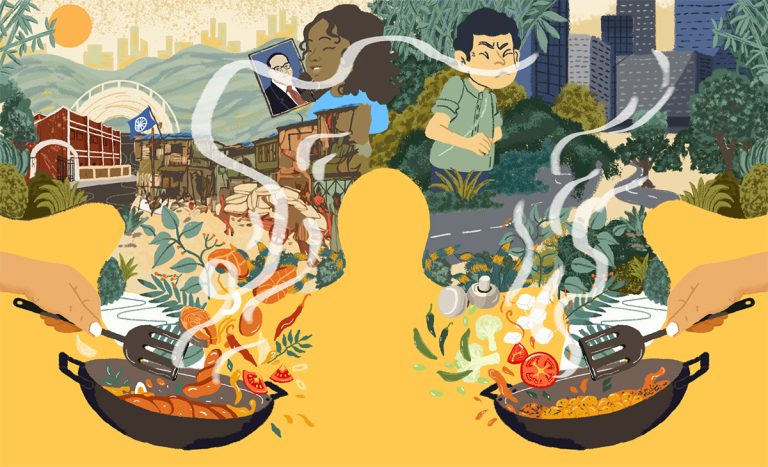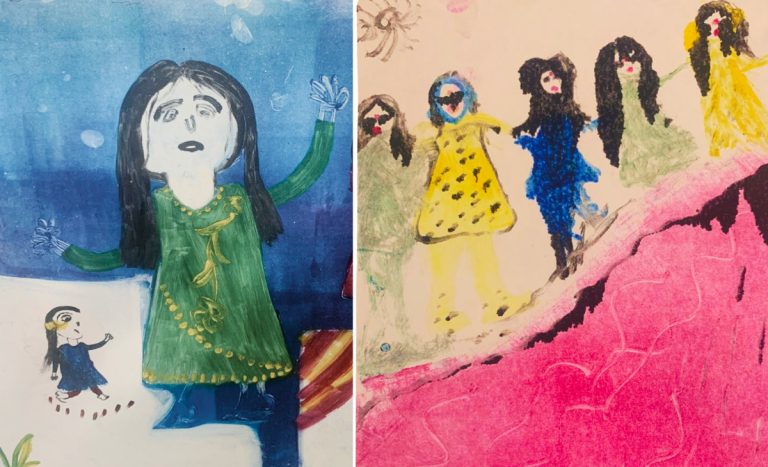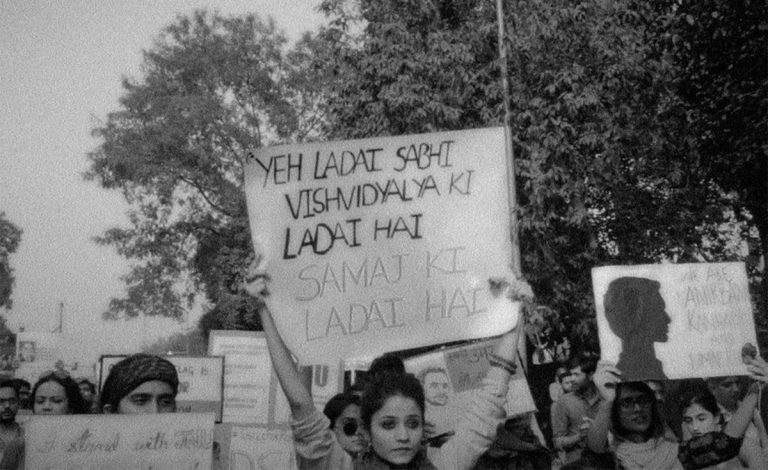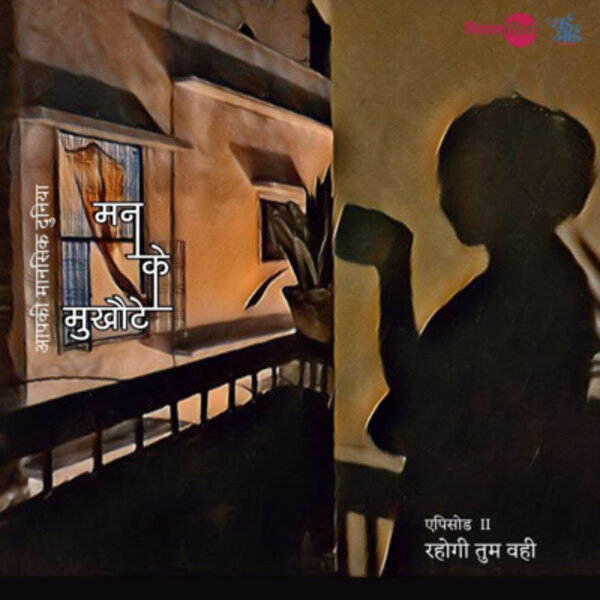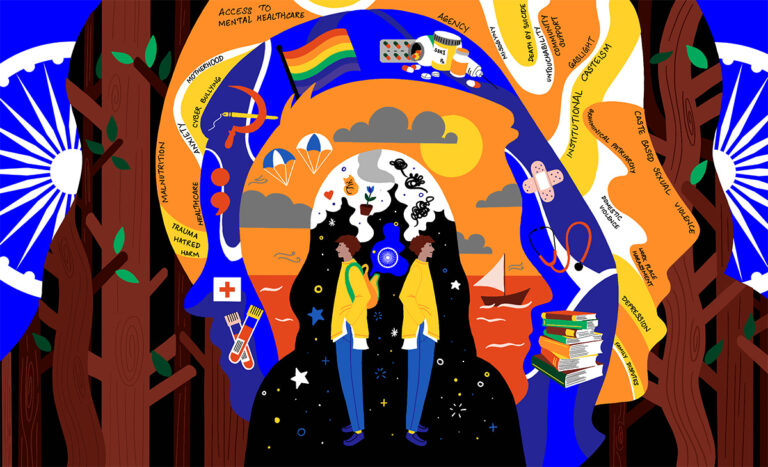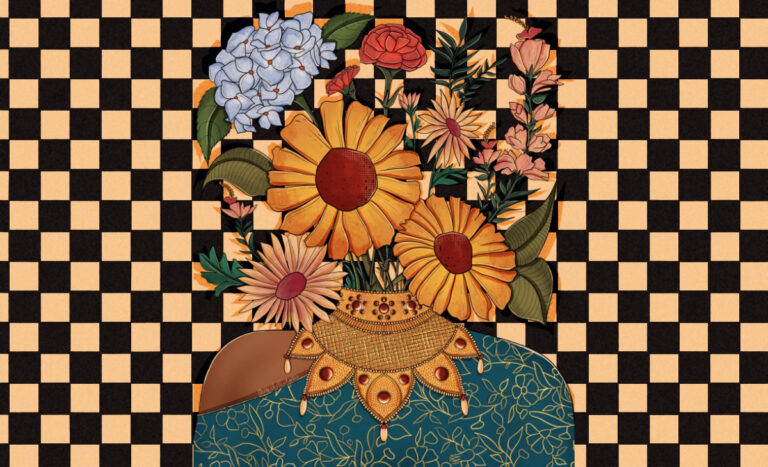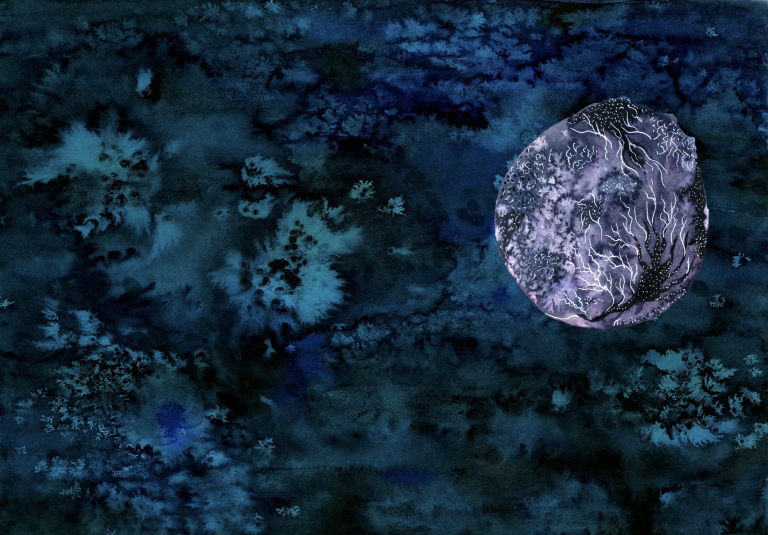
The Thin Blue Line between Care and Ethics of Care in an Indian Prison
Through her recent work on a public interest litigation, Maitreyi’s understanding of mental health in prisons saw a shift. What happens when care turns paternalistic? Can the promise of freedom be used as a tool to negotiate/manipulate? Are our imagined alternatives to this system any better? This interview is an attempt to make sense of some of these questions.


